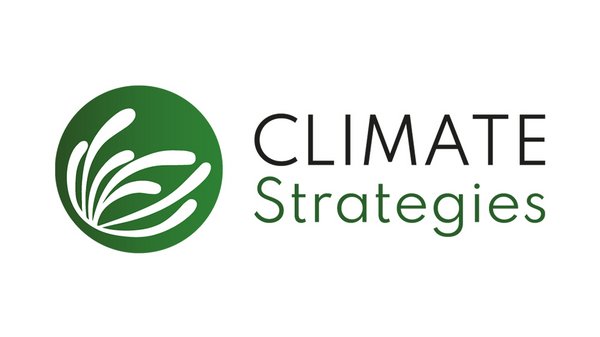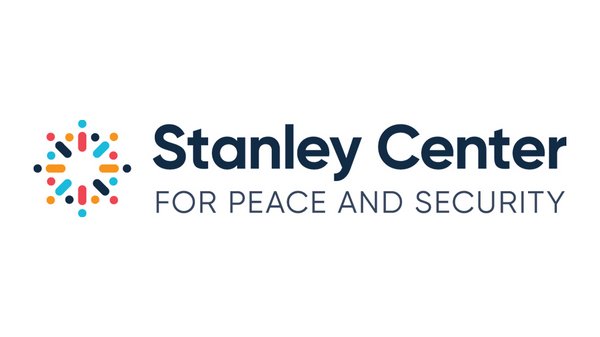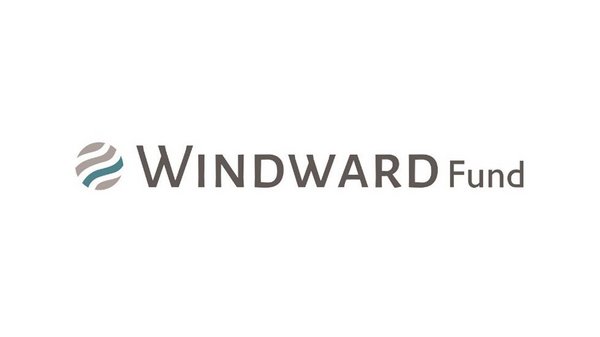-
Topics
backTopicsOur programs create spaces where open-minded leaders can gather for breakthrough conversations on pressing global issues – each aligned to one of the following pillars:
-
Events
backEventsExplore the variety of events Salzburg Global hosts within Austria and in the rest of the world. Learn more about our programs and what else happens at Schloss Leopoldskron.Upcoming EventsFeb 05 - Feb 07, 2026Peace & JusticeDisruption and Renewal: Charting the Future of the International Rule of Law, Democracy, and PluralismSalzburg Cutler Fellows Law ProgramApr 13 - Apr 18, 2026CultureCreating Futures: Rethinking Cultural Institutions, Infrastructure, and InvestmentCulture, Arts and Society
- Insights
-
Fellowship
backFellowshipSince 1947, more than 40,000 people from over 170 countries have participated in Salzburg Global's sessions. Collectively, these alumni are known as Salzburg Global Fellows.
-
About Us
backAbout UsSalzburg Global is an independent, non-profit organization committed to creating spaces that overcome barriers and open up a world of better possibilities.Our Approach
-
Support Us
backSupport UsYour generosity helps us gather open-minded leaders for breakthrough conversations, while creating space for dialogue that overcomes barriers and opens up a world of better possibilities.
- Donate
- Date
- Sep 08 - Sep 12, 2024
- Session no.
- S843-01
- Location
-
Schloss Leopoldskron, Salzburg, Austria
- Contact
-
Nancy SmithDirector of Development and PhilanthropyDominic RegesterDirector, EducationEdlira KastratiProgram Manager, Peace and Justice
Share
Finance & Governance
Policy Dialogue on Just Energy Transitions: Identifying Pathways to Prosperity Post Fossil Fuels
There is an emerging consensus on the need for a “just” transition; but how to achieve it is not always clear. Countries face a complex set of trade-offs as they seek to balance short and long term objectives. The Policy Dialogue on Just Energy Transitions is designed to support decision makers as they consider these dilemmas. We will convene policy and decision-makers from fossil fuel producing countries alongside leading researchers, business leaders and representatives from international organisations to share and discuss evidence-based approaches to the transition from carbon-intensive systems to inclusive, equitable, sustainable systems.
As agreed at COP28, we have now reached the “beginning of the end” of the fossil fuels era, with a clear imperative for a rapid, just, and equitable transition to a non-fossil fuel based global economy. However, several producer states are not yet able to navigate this shift. Barriers such as fiscal deficits, high cost of capital, currency instability, low energy access and a lack of energy diversification lock many economies into fossil fuel dependency. This is particularly true in low- and middle-income countries where concerns about lost livelihoods and foregone growth are most acute.
To help decision makers address such complex trade-offs, it is important to have a neutral and confidential space for multi-stakeholder dialogue. The global community needs a group of visionary, bold policymakers willing to help their respective countries become early adopters of our post-fossil fuel future and lead the way for others.
The Policy Dialogue on Just Energy Transitions: Identifying Pathways to Prosperity Post Fossil Fuels will provide a dedicated space for evidence-based, honest dialogue. The Policy Dialogue will focus on cutting-edge research and proven practice to identify new pathways to energy and economic sustainability that align climate, development, and environmental justice needs.
The first convening in 2024 will lay the foundations for a multiannual policy dialogue forum to support continued trust-building, tackle arising challenges, and include a broader range of stakeholders and topics in this critical conversation.
Date
Sep 08 - Sep 12, 2024
Session no.
S843-01
Location
Schloss Leopoldskron, Salzburg, Austria
Contact
Share
Program information
Participants will address the following questions:
• What is the meaning of COP28’s mandate to transition away from fossil fuels for participating oil and gas producing countries? What diversification pathways for prosperity beyond fossil fuels are available or can be identified?
• How can a just energy transition be a driver for continued economic development? What policies are most important to ensure the transition is implemented in a way that minimizes disruption and harm, and ensures consistent, sufficient energy production?
• Energy will almost certainly figure prominently in the new round of NDCs to be submitted in 2025. How might countries increase – and achieve - ambition even beyond the new targets that they set?
• What do we already know about what policy measures and tax incentives can effectively support a just energy transition? What can be learned from recent efforts such as the Inflation Reduction Act and EU Green Deal, as well as similar programmes conceived for other regions such as the African Green Deal?
• As countries determine actions to implement just energy transitions, what areas of energy usage - whether buildings, transport, etc - can and should be prioritized under transition plans?
• What are the most important enablers and barriers to the implementation of major pledges, like tripling renewable energy capacity and doubling energy efficiency measures by 2030? How can policymakers position their countries to maximize their benefit from these pledges?
The Policy Dialogue on Just Energy Transitions will increase capacity and confidence in strategies that acknowledge the challenges faced by oil and gas dependent countries, enable participants to envision and enact climate compatible development plans, and foreground viable economic diversification strategies with attention to protecting vulnerable communities. Expected outcomes include:
• Facilitate and advance productive exchange between policy- and decision-makers, researchers, and relevant cross-sector experts, catalyzing new collaborative efforts for mutual benefit, focusing on countries with high economic dependency on fossil fuels.
• Identify specific policies and measures that can present viable pathways to post-fossil fuel prosperity that account for vulnerable and marginalized communities.
• Highlight and share knowledge about effective financing mechanisms and incentives, such as multilateral and domestic tax policies, that can ensure viable and sustainable financing beyond subsidies to enable just transition planning.
• Support the development of new narratives for fossil fuel transition in the run up to UNGA, the G20 and COP29, and influence policy agendas early on, including through direct engagement with stakeholders that are shaping the transition globally.
Participants will convene for a highly interactive residential program at Schloss Leopoldskron, home of Salzburg Global Seminar. The agenda will be co-designed to ensure inclusiveness and relevance, and will be structured around clear evidence-based recommendations for policymakers. Brief country-specific studies by national experts will be commissioned to ensure that all policy recommendations are grounded in recent and nationally relevant research. These briefs will detail context-specific challenges and opportunities of the just transition in 5-6 countries ahead of the seminar, and will be finalised after the meeting to provide realistic and actionable policy advice based on the discussions.
We will convene approximately 50 policymakers from fossil fuel dependent countries, world-leading experts working on the fossil fuel transition, representatives from critical multilateral institutions, and key representatives from the private and civic sectors. Participants will either have a global perspective or be drawn from countries that represent diverse energy transition pathways where:
1. There is increasing political momentum for the prospect of a transition, and the countries have the potential to become the ‘next frontiers’ for oil and gas transitions.
2. The oil and gas transition is a highly politicised topic, and a neutral space is needed to open the room for productive discussions on alternative development pathways. We will also involve stakeholders which must be included in the conversation for the transition to happen at global scale.




